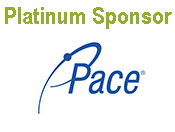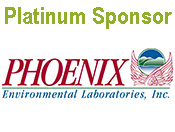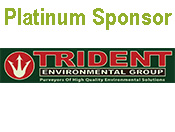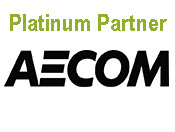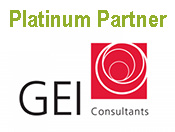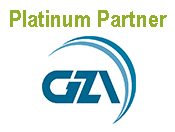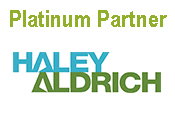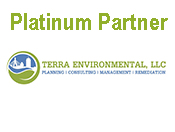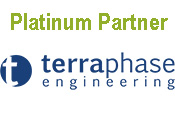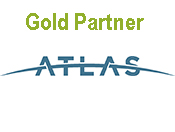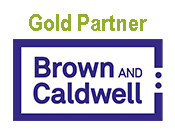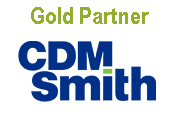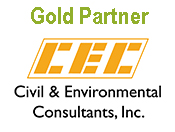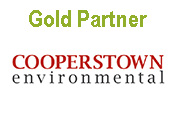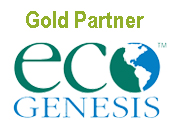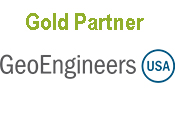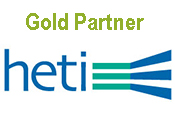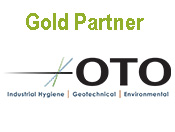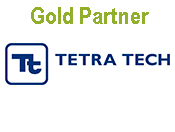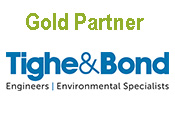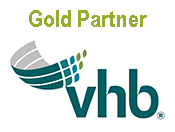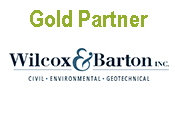|
The Glacial Geology of Southern New England
Wednesday, July 14, 2021, 11:00 AM - 3:00 PM EDT
Category: Course - Live Webinar
LSPA Continuing Education Webinar:The Glacial Geology of Southern New EnglandWhen: Wednesday, July 14, 2021 This course has been approved for 4.0 LSP Technical credits (#1731) and 4.0 LEP credits (#CTLEP-544W). This course was also submitted to NY for 4.0 PDH credits. This is a new course. To ensure you receive continuing education credit for your attendance in this webinar, please read the LSPA's guidelines here. Course Description:
The geology of southern New England has been significantly modified by the Pleistocene Glacial Advances and Retreats. Glacial erosion has modified the hills and mountains of the region. Glacial deposition has led to the creation of both glacial aquifers (stratified drift, outwash deposits, kames, kame terraces, etc.) and glacial aquicludes (basal till, drumlins, moraines (ground, recessional, medial, and marginal) etc.). Additionally, glacial unloading has formed dilation jointing in the underlying bedrock which have increased the permeability of bedrock through fractures. All of these glacial features have a direct effect on the flow of groundwater both clean and contaminated. Understanding glacial geology is critical to understanding how contaminants get into and travel through the glacial geologic deposits. This course will present a brief glacial geologic history of southern New England, discuss the various glacial advances and retreats, the types and effects of glacial erosion, the types of glacial deposition and how that deposition can be related the aquifer conditions including transmissibility, specific conductance, etc. This will include a discussion of how contaminants flow through each type of glacial sediment and other implications for the waste site cleanup process. Questions and answers will be encouraged throughout. To view course agenda, click here.
|

 Prev Month
Prev Month View Month
View Month Search
Search Go to Month
Go to Month Next Month
Next Month Export Event
Export Event 